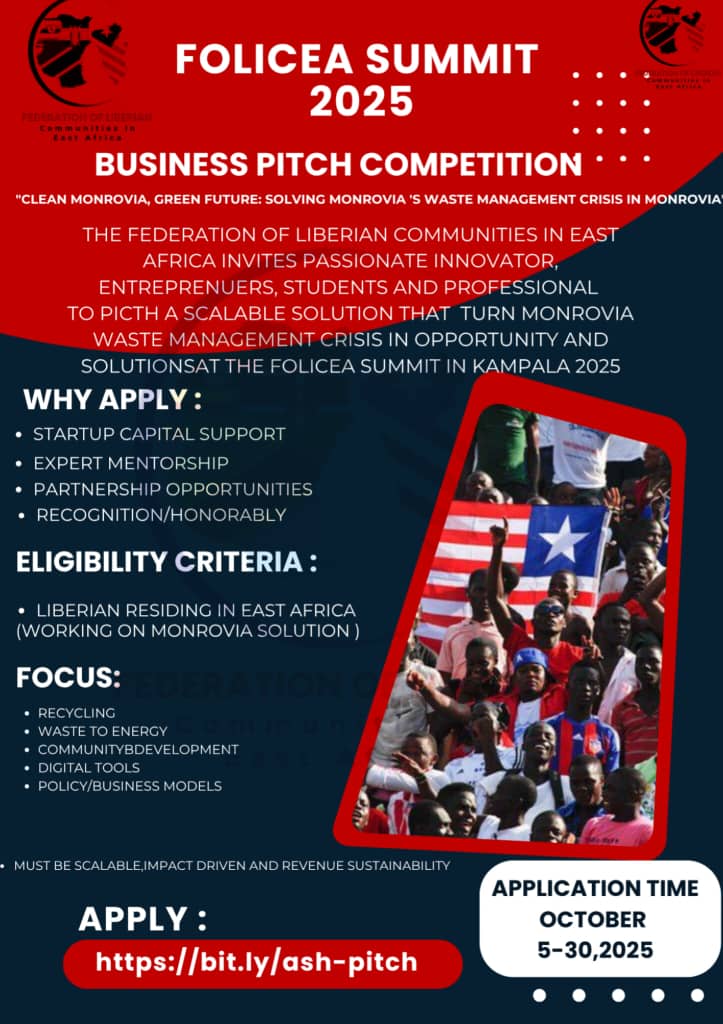The Berlin Conference: The Biggest Mistake of Africa
“We have artificial nations carved out at the Berlin Conference in 1884, and today we are struggling to build these nations into stable units of human society. We are in danger of becoming the most Balkanised continent of the world.” — Julius Nyerere
In the late 19th century, European nations started to view the African continent as a permanent resource base for their growing industrial sectors.
Despite decades of trade between the two continents, Europeans wanted direct control over Africa’s natural resources, claiming they aimed to “develop and civilise Africa,” according to historical documents.
This marked the start of the “Scramble for Africa.” Several colonial powers, including Great Britain, Portugal, France, Germany, and King Leopold II of Belgium, sent agents to secure treaties, claim territories, and exploit resources like palm oil and rubber.
To prevent conflicts, stakeholders met in Berlin, Germany, in 1884-1885 to set common rules for colonization — no African nations were invited or represented.

